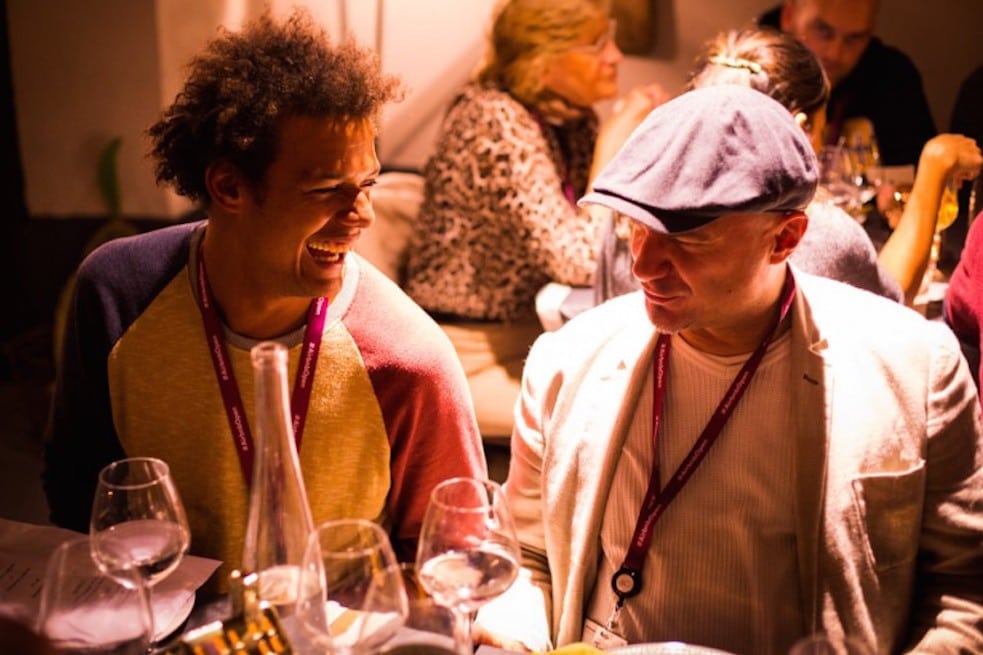The Rise of Food Sharing Experiences at Meetings and Events

Skift Take
There's a lot of work that goes into matching hundreds of conference attendees with hundreds of local residents who want to cook for them. But as international food-sharing platforms fine-tune their systems, this could be something that scales significantly based simply on growing attendee awareness and demand.
Food-sharing platforms like Paris-based Vizeat are expanding their operations into the lucrative meetings and events sector, based on demand among conference delegates craving a more locally immersive business travel experience.
Other peer-to-peer platforms offering alternative room- and ride-sharing services, such as Airbnb and Uber, are actively developing group-specific business services for conference organizers.
For attendees who are comfortable with booking those platforms, they're typically more naturally inclined to participate in a home-cooked meal at a local resident's house or apartment.
Since officially launching in July 2015, over 12,000 Vizeat hosts have prepared meals for over 20,000 diners in more than 60 countries.
Founder Jean-Michel Petit says the company is still in its early growth stages, or where "Airbnb was around 2009," with the bulk of business in Europe to date. The most popular U.S. cities on the Vizeat site at
